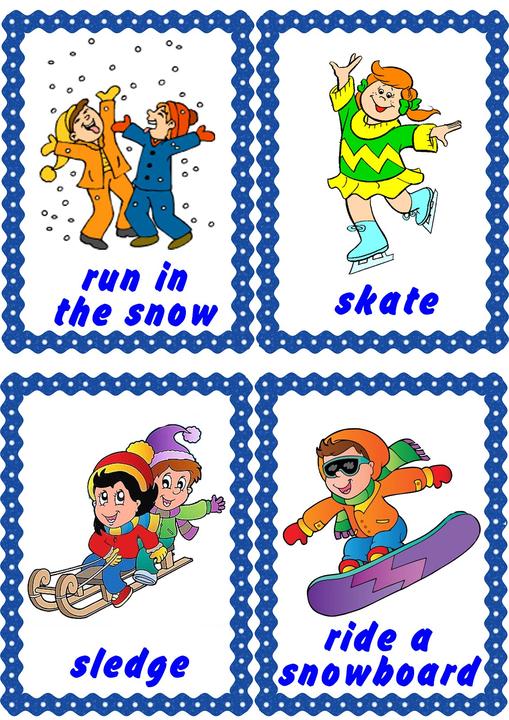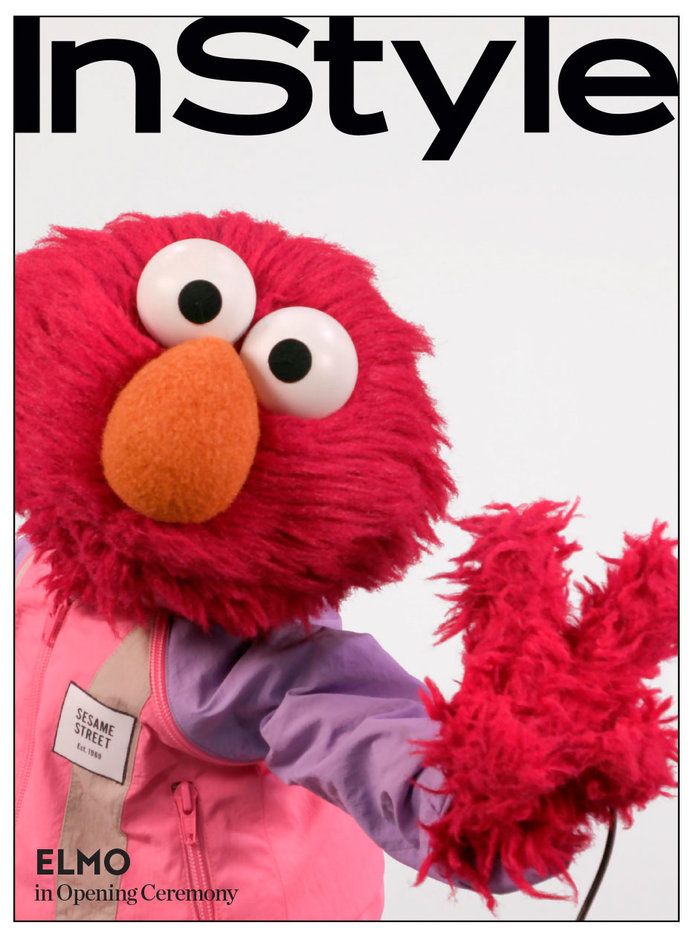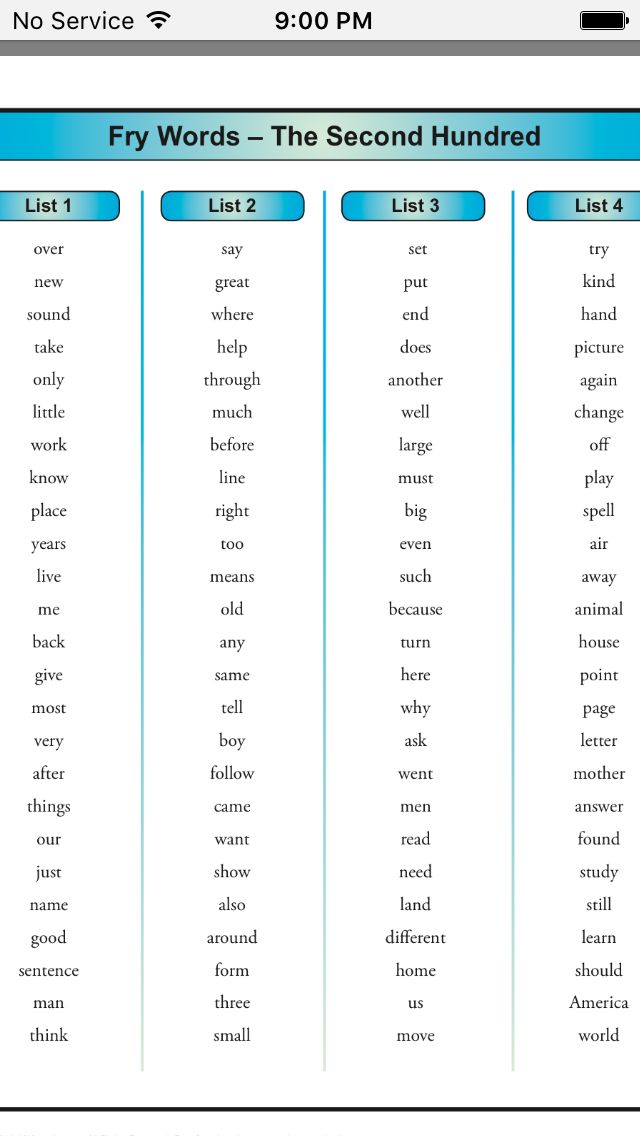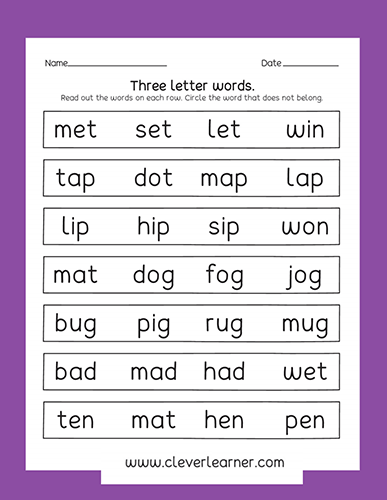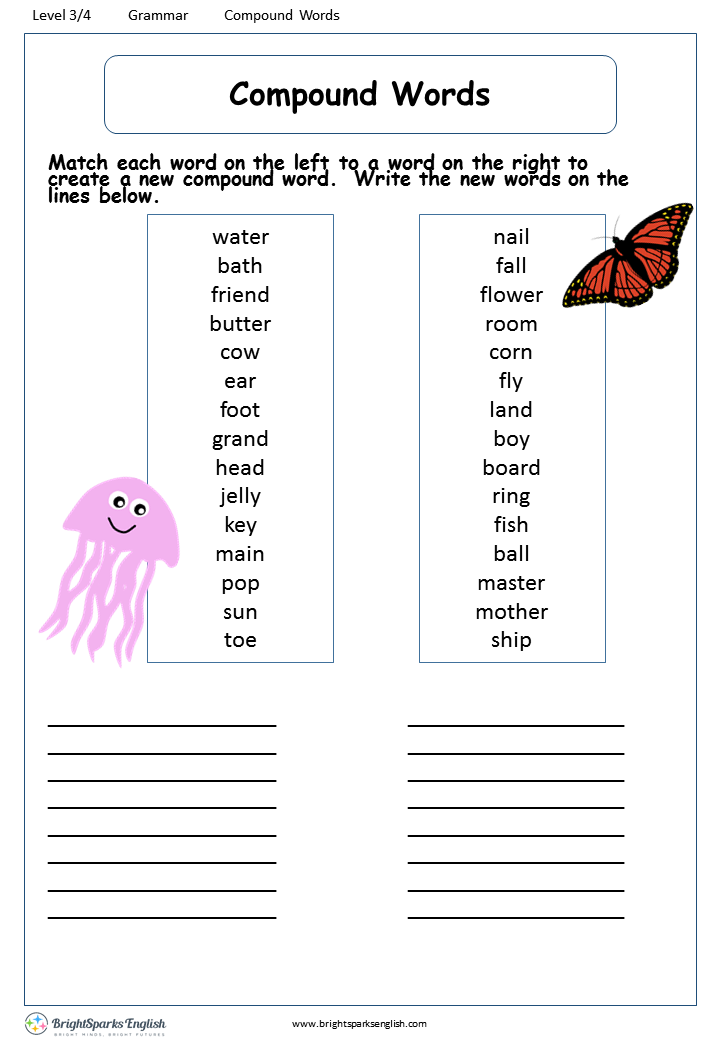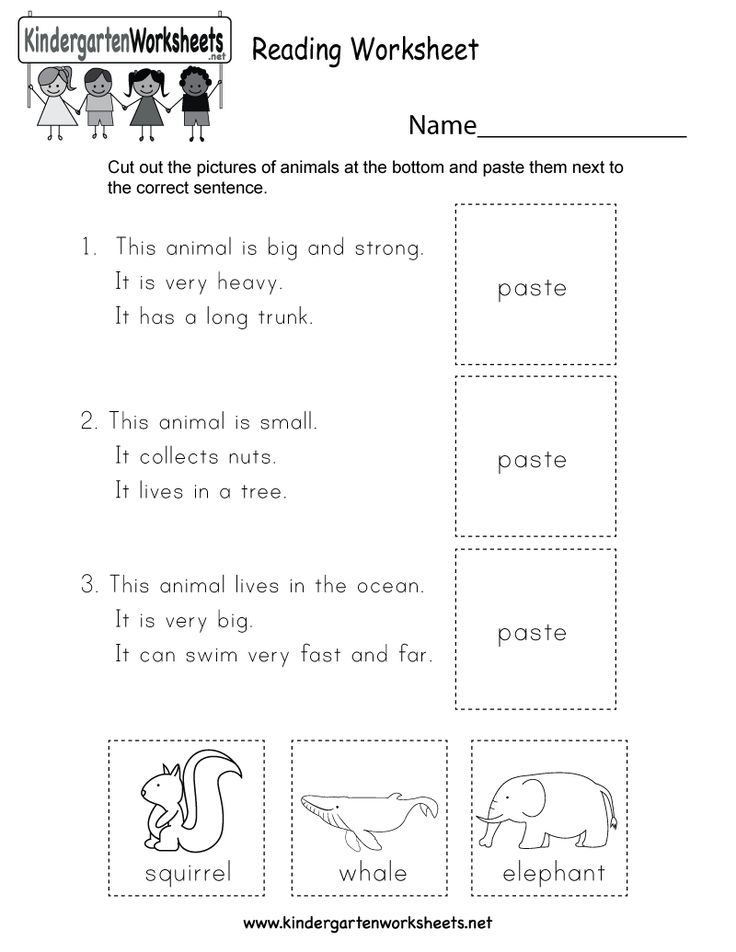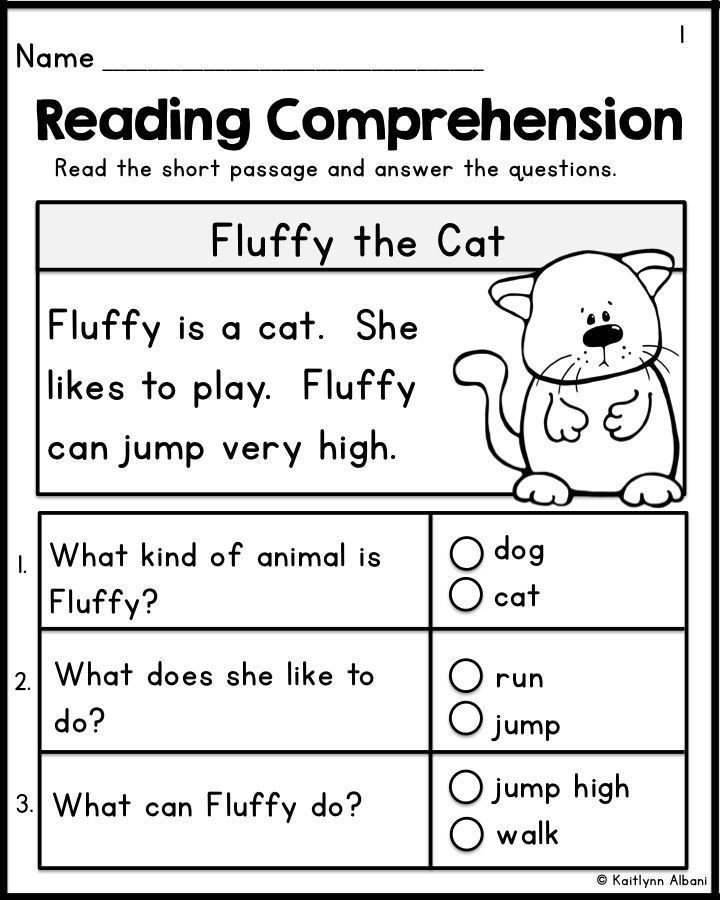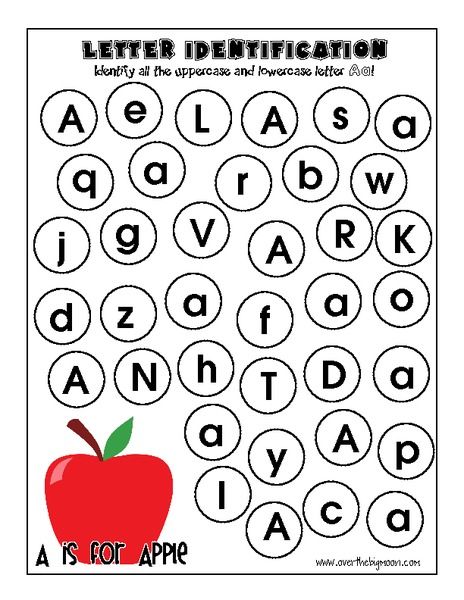How to make a tongue twister
How to Write a Tongue Twister – Kenn Nesbitt's Poetry4kids.com
Tongue twisters are one of the most fun forms of wordplay for kids. The more challenging they are to speak, the more fun they can be. Most tongue twisters take one of three forms:
- Phrases that are hard to repeat several times in a row, such as “toy boat” or “unique New York.”
- Phrases or sentences that are hard to say, such as “she sells sea shells by the seashore” or “rubber baby buggy bumpers.”
- Poems like “Betty Botter” by Carolyn Wells.
You can create your own tongue twisters too. All you need is a pencil and paper, and a little imagination. Let me show you how.
Alliteration Tongue Twisters
The simplest form of tongue twister is one that simply uses alliteration, where the words you use all have the same first consonant sound. A classic example of this is:
Round the rugged rock, the ragged rascal ran.
You’ll notice that most of the words in this sentence start with the letter “r. ” However, what makes the sentence a tongue twister is not just that the words start with the same consonant sound, but that they have different vowel sounds as well: “ow” in round, “uh” in rugged, “ah” in rock, and a short “a” in ragged, rascal, and ran. Moreover, “rugged” and “ragged” are so similar, that it’s easy to get them mixed up.
“Betty Botter” uses a similar technique.
Betty Botter bought some butter;
“But,” said she, “this butter’s bitter!
As you can see, this tongue twister poem uses alliteration with the letter “b” and also uses similar words like Botter, butter, and bitter, as well as Betty, bought, and but.
You can create your own alliterative tongue twister by following these steps:
- Pick a consonant.
- Write down as many words as you can think of that start with that letter. The more alike they sound, the better.
- Make up a sentence that uses as many of your words as possible.
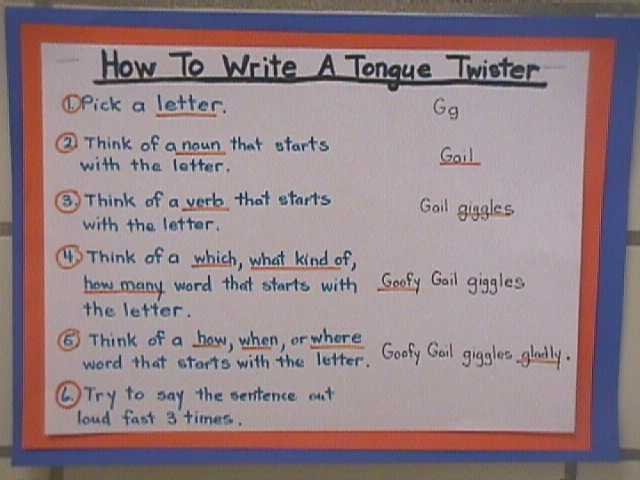
For example, let’s say we use the letter “p.” Here are some words that start with “p”:
- Peter
- Potter
- Poodle
- Peanut butter
You could string these together like this:
Peter Potter put a poodle in his peanut butter.
Now it’s your turn. Pick a letter and see if you can think of a bunch of similar sounding words that you can string together into a sentence. Try this with several different letters and see which one is the hardest to say.
More Advanced Tongue Twisters
If you want to write more challenging tongue twisters – ones that are harder to speak without tripping up – here are a couple of things you can do:
Almost Alliteration
Find consonant letter combinations that are almost alliterative, but not quite, such as “c,” “cl,” and “cr.” For example, you might write something like this:
Cam crammed creamed clams in clean clam cans.

Another example is using the letters “s,” “th,” and “f,” as in this famous tongue twister:
Theophilus Thistle, the thistle sifter,
Sifted a sieve of unsifted thistles.
You could even make your own version of this one by finding other words with similar sounds. How about something like this?
My sister sifted thistles by the fistful.
Reversing Similar Sounds
Find words that sound almost the same, but reverse the positions of the letter sounds. This is why “she sells seashells by the seashore” is one of the most famous tongue twisters. Reversing the positions of “s” and “sh” in “she sells” and “sea shells” makes it difficult to say. I used this particular tongue twister for the basis of my poem “Shelley Sellers” from my book My Hippo Has the Hiccups.
For example, I wrote a poem called “Gabby Bought a Baby Beagle” for my book
The Tighty-Whitey Spider.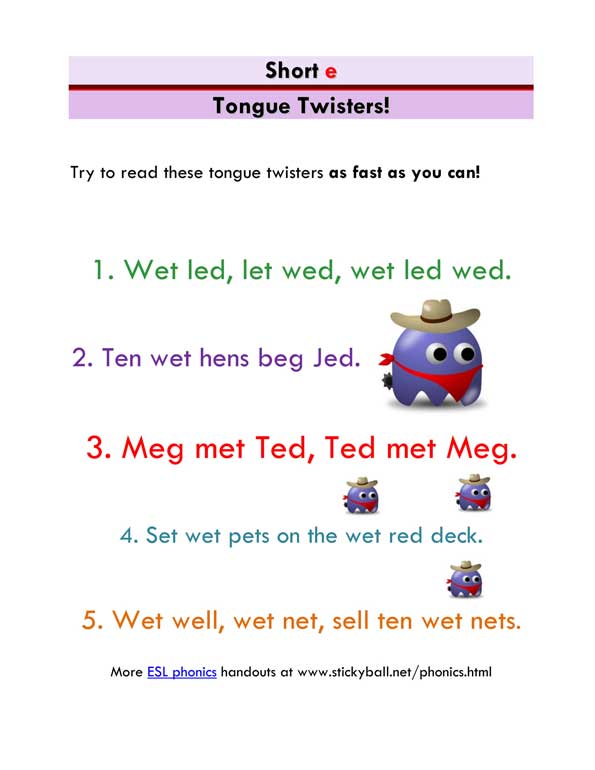 In this poem, the words “Gabby” and “Beagle” reverse the positions of the “g” and the “b,” and even throw in the word “baby” which has two b’s, making it especially difficult to say.
In this poem, the words “Gabby” and “Beagle” reverse the positions of the “g” and the “b,” and even throw in the word “baby” which has two b’s, making it especially difficult to say.
Tongue Twister Poems
Once you’ve practiced and can do all of this, at last comes the trickiest part of all: Creating a tongue twister poem. To turn your tongue twisters into poems, all you have to do is write several lines of tongue twisters, with rhyming words at the ends of the lines, and hopefully tell a little story. Betty Botter is a classic example, as is the famous poem, Ned Nott and Sam Shott.
Here’s an example of a tongue twister poem I wrote using all of the above techniques.
My Sister Sifted Thistles
My sister sifted thistles by the fistful.
My sister sifted thistles by the shore.
My sister whistled wistfully
while sifting thistles fistfully
until her fists were bristly and sore.My sister sifted thistles by the fistful.

My sister sifted thistles by the shore.
Her thistle-sifting history
made sister’s fists all blistery,
so now she sifts no thistles anymore.
Are you ready to have fun writing your own tongue twisters? Start by writing short tongue twisters, with practice, you’ll get better and better at it, and eventually you’ll be amazing your friends with your own tongue twister poems.
More Tongue Twisters
If you would like to read even more, check out the world’s largest collection of tongue twisters in 118 different languages, including nearly 600 in English.
Tongue Twister Generator
by Faith Zeng Leave a Comment
GitHub Gist: https://gist.github.com/Fzeng8/8f1198b4809c794072d647d713a02846
After learning about the pronouncing dictionary, I figured tongue twisters would be fun to make because those are sound based. I referenced an article titled “The Secret to a Great Tongue Twister” and found a list of fifty tongue twisters.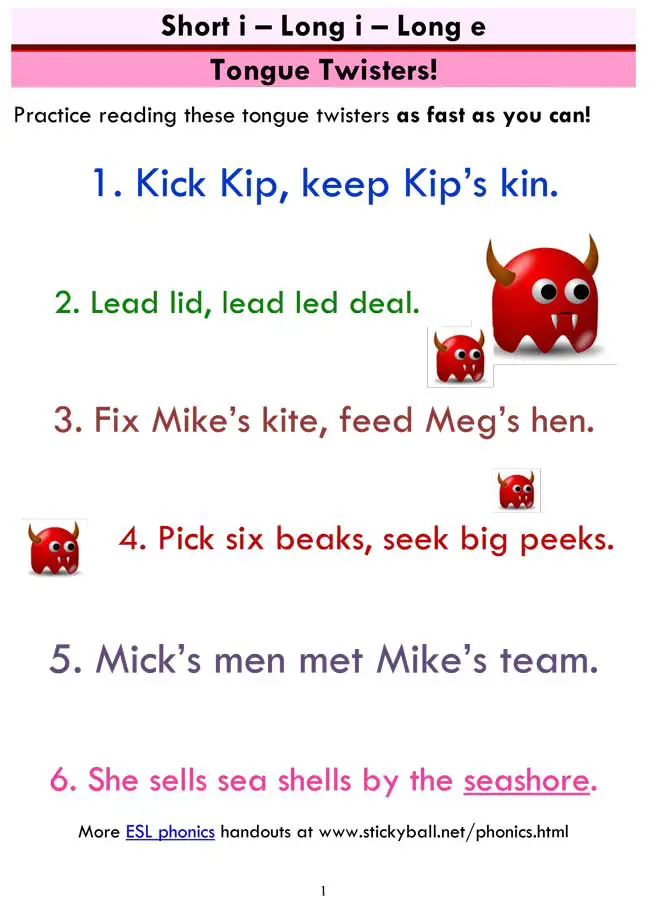 I started off with just working with one tongue twister: “she sells seashells by the seashore.” I found synonyms of the tongue twister by using word vectors, but these were not tongue twisters, just normal sentences. I also used spacy to only change words that were nouns, adjectives, and verbs. This made the generated stuff seem like normal sentence. Also, I only found the 20 closest words to each word, so that the overall meaning of the sentence would be similar to the tongue twister.
I started off with just working with one tongue twister: “she sells seashells by the seashore.” I found synonyms of the tongue twister by using word vectors, but these were not tongue twisters, just normal sentences. I also used spacy to only change words that were nouns, adjectives, and verbs. This made the generated stuff seem like normal sentence. Also, I only found the 20 closest words to each word, so that the overall meaning of the sentence would be similar to the tongue twister.
Next, I found synonyms for the tongue twister but still made sure it was a tongue twister by making sure each word had the same starting sound as the original tongue twister. Using simple neighbors, I found the 300 closest words to each original word in the tongue twister and randomly picked a word that shared a same starting sound as the original tongue twister. ((wow I am using “original” and “tongue twister” so many times in the blog post)) I picked 300 words because that gives a higher chance of finding another word with a similar starting sound. The only issue to this is that the new word isn’t usually a synonym. I originally wanted to make a dictionary that contained all the words with the same starting sound as the original tongue twister from the 300 words found by simple neighbors, but I was having some issues with that. So I ended up just using a couple if statements and while loops. I don’t think it’s the prettiest code, but it works.
The only issue to this is that the new word isn’t usually a synonym. I originally wanted to make a dictionary that contained all the words with the same starting sound as the original tongue twister from the 300 words found by simple neighbors, but I was having some issues with that. So I ended up just using a couple if statements and while loops. I don’t think it’s the prettiest code, but it works.
Then, I took that code and made it so the synonyms would start with a different sound. Certain phonemes didn’t work well for this code, such as “TH” or “UW.” I think it’s because words that starts with those are less common. I found success with “M”, “S”, ” T”, “JH”, “R”, “K”, “D”, and “L.” There are probably more but these were the ones I experimented with. This worked well overall, but occasionally, the generator would pull a word that doesn’t start with the chosen phonemes and I’m not really sure why.
After that, I made a generator by using the same code but it would randomly select a tongue twister and a different phoneme to start with.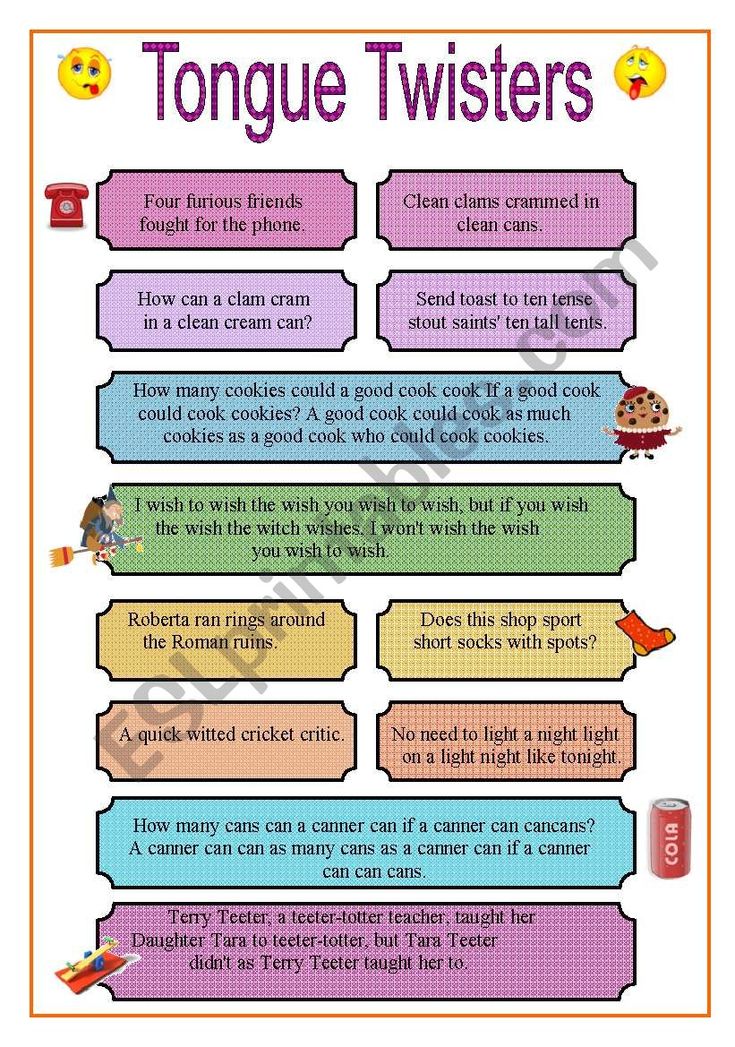 I used “she sells seashells by the seashore”, “peter piper picked a peck of pickled peppers”, “I slit the sheet, the sheet I slit”, “Betty Botter bought some butter”, and “four fine fresh fish for you” and the phonemes listed above. I specifically used those tongue twisters because they have multiple words that start with the same sounds, making them match my code. Exploring into how to make other tongue twisters by having the words share similar endings or rhymes would be something interesting to look into later.
I used “she sells seashells by the seashore”, “peter piper picked a peck of pickled peppers”, “I slit the sheet, the sheet I slit”, “Betty Botter bought some butter”, and “four fine fresh fish for you” and the phonemes listed above. I specifically used those tongue twisters because they have multiple words that start with the same sounds, making them match my code. Exploring into how to make other tongue twisters by having the words share similar endings or rhymes would be something interesting to look into later.
Finally, I noticed there were certain tongue twisters that were four words long. Each of them had this format: (random word) (rhyming word), (another random word) (same rhyming word). So I made a simple generator that made those sorts of tongue twisters. It would make a list of 100 word vectors from each of the random words and find other words that rhymed with the repeated rhyming words. Then it would randomly pick from each collection of words and put them together.
The thing with this generator is that besides the first code I wrote (making tongue twisters into sentences with synonyms), the rest of the codes basically creates nonsense.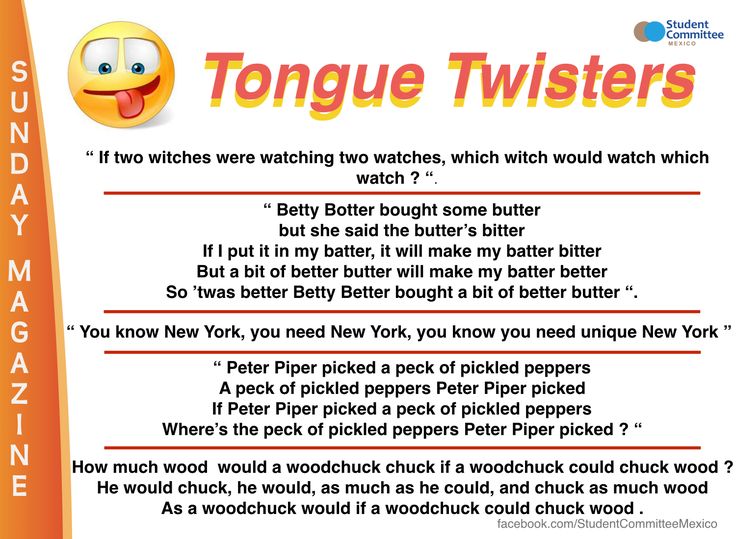 They also aren’t always tongue twisters. But when they are hard to say, I think it is successful at creating a tongue twister because many tongue twisters are a bunch of random words slapped together because of similar alliterations and assonance. For example, “Pad kid poured curd pulled cold” or “Red lorry, yellow lorry.” They’re just a list of words with very little meaning as a whole which is why I didn’t try to use spacy in the later codes like I did for the first code.
They also aren’t always tongue twisters. But when they are hard to say, I think it is successful at creating a tongue twister because many tongue twisters are a bunch of random words slapped together because of similar alliterations and assonance. For example, “Pad kid poured curd pulled cold” or “Red lorry, yellow lorry.” They’re just a list of words with very little meaning as a whole which is why I didn’t try to use spacy in the later codes like I did for the first code.
Some examples of successful generated tongue twisters:
((also wow the most detailed blog post I have written to date??))
Filed Under: RWET
Patter for speech development | ANNOUNCERS.com
93. (R,m,t) - Margarita collected daisies on the mountain, Margarita lost daisies in the yard.
***
94. (S, n) - Senya carries hay in the vestibule, Senya will sleep in the hay.
***
95. (S, m, n) - In seven sledges, seven Semyonov with a mustache sat in the sleigh themselves.
(S, m, n) - In seven sledges, seven Semyonov with a mustache sat in the sleigh themselves.
***
96. (S, k, v, r) - The quick talker was quick to say that you can’t re-speak all tongue twisters, you can’t re-speak all tongue twisters, but having spoken quickly, he said quickly - that you will re-speak all tongue twisters, re-speak all tongue twisters. And tongue twisters jump like carp in a frying pan.
***
97. (S, k, p, r) - Just as you cannot re-speak all tongue twisters, do not re-speak all quick proverbs, so you cannot re-speak all quick proverbs, do not re-speak quickly, and only all fast sayings can be re-speak, re-speak quickly!
***
98. (S, c) - Senka is carrying Sanka and Sonya on a sled. Sledge lope, Senka from his feet, Sonya in the forehead, all in a snowdrift.
***
99. (C) - A wasp does not have a mustache, not a mustache, but a mustache.
***
100. (S, m, n) - At the Senya with Sanya in the nets of catfish with a mustache.
***
101. (S, k, r) - Catch a tricky magpie, and forty forty - forty troubles.
***
102. (S, n, k) - Senka is carrying Sanka and Sonya on a sled. Sledge lope, Senka from his feet, Sanka in the side, Sonya in the forehead, all in a snowdrift.
***
103. (S, r, t) - Longboat arrived at the port of Madras.
A sailor brought a mattress on board.
In the port of Madras, a sailor's mattress
Albatrosses tore in a fight.
***
104. (T,r,s) - Warmaster with a captain, captain with a captain.
***
105. (T) - Stands, stands at the gate.
***
106. (Т,к) - The weaver weaves fabrics for Tanya's scarves.
***
107. (T, k) - To interpret plainly, Yes, it is useless to interpret.
***
108. (T, t) - Fedka eats radish with vodka, Fedka eats vodka with radish.
***
109. (T, p) - Whipping in a hurry is not for the future. Torushke crust for future use.
***
110. (T) - Don't go for such and such, don't ask for such and such - here's something for you.
***
111. (Т,к) - The Turk smokes a pipe, the trigger pecks at the grains. Don't smoke a Turk's pipe, don't peck the cock's grits.
***
112. (F,ch,n) - Feofan Mitrofanych has three sons Feofanych.
***
113. (F) - Fofan's sweatshirt Fefele fit.
***
114. (F,d,b,r) - Defibrillator defibrillated defibrillated but not defibrillated.
***
115. (F,r) - Pharaoh's favorite for sapphire was replaced by jade.
***
116. (F, l, v) - I was at Frol's, I lied to Frol about Lavra, I'll go to Lavr, Lavr at Frol Navra.
***
117. (X, t) - Crested laughter girls laughed with laughter: Xa! Xa! Ha!
***
118. (Х,ч,п) - There was a commotion in the garden -
Thistle blossomed there.
So that your garden does not decay,
Weed the thistles.
***
119. (X, w) - Khrushchi grab horsetails.
(X, w) - Khrushchi grab horsetails.
Hina is enough for cabbage soup.
***
120. (C,p) - The heron chick tenaciously clung to the flail.
***
121. (C, x) - The heron was stunted, the heron was dry, the heron was dead.
***
122. (C,r) - Well done ate thirty-three pies with a pie, all with cottage cheese.
***
123. (C) - Well done among the sheep, and against the young man the sheep himself.
***
124. (Ts,k,p,d,r) - Once upon a time there were three Chinese
Yak, Yak-Tsi-Drak and Yak-Tsi-Drak-Tsi-Drak-Tsi-Droni.
Once upon a time there were three Chinese women
Tsypa, Tsypa-Dripa and Tsypa-Dripa-Limpomponi.
Here they got married:
Yak on Tsype Yak-Tsi-Drak on Tsype-drip
Yak-Tsi-Drak-Tsi-Drak-Tsi-Droni on Tsype-Dripe-Limpomponi.
And children were born to them:
Yak with Tsypa - Shah,
Yak-Tsy-fight with Tsypa-dripa - Shah-Shahmoni,
Yak-Tsi-Drak-Tsi-Drak-Tsi-Droni
With Tsypa -Dripoy-Limpomponi -
Shah-Shahmoni-Limpomponi.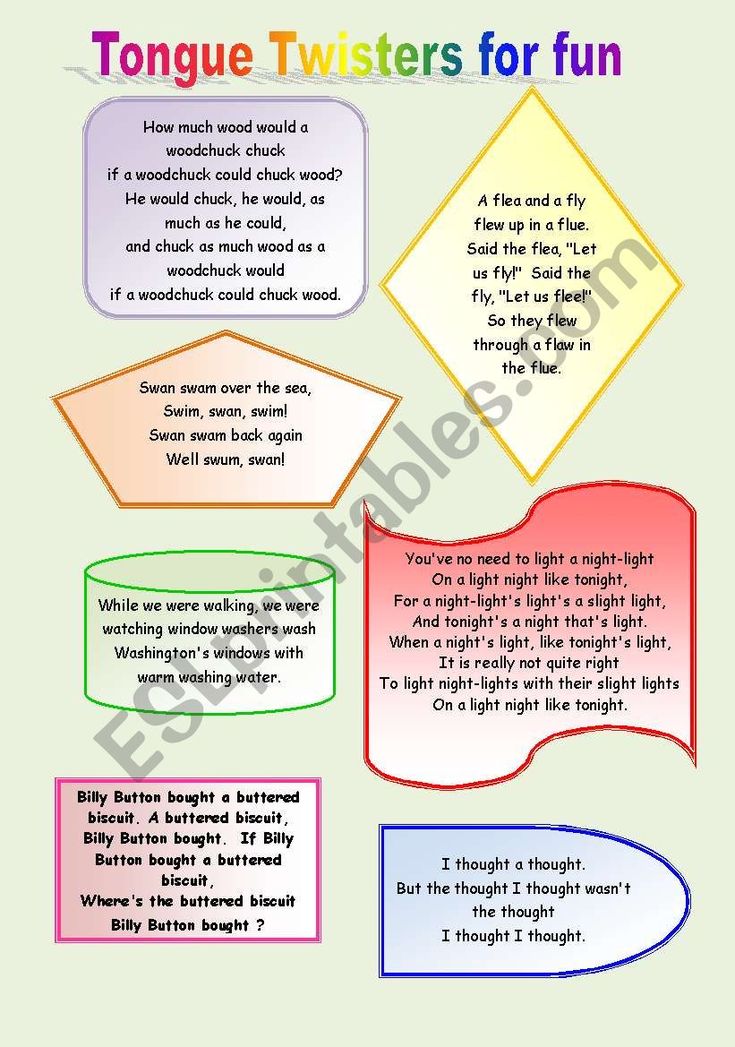
***
125. (H,t) - A quarter of a pea quarter, without a wormhole.
***
126. (H, w, w) - Scales at the pike, bristles at the pike.
***
127. (H) - Our daughter is well-spoken, her speech is clear.
***
128. (H) - Turtle, not bored, sits for an hour with a cup of tea.
***
129. (Ch,r) - Four black, grimy imps drew a drawing with black ink extremely cleanly.
***
130. (Ch,r) - Four turtles have four turtles.
***
131. (H) - Bullish custom, calf mind.
***
132. (H,w) - Three birds are flying through three empty huts.
***
133. (Sh, s) - Sasha walked along the highway, carried the dryer on a pole and sucked the dryer.
***
134. (Sh) - Even your neck, even your ears, you stained with black ink. Get in the shower soon. Rinse mascara off your ears under the shower. Rinse the mascara off your neck under the shower. Dry off after shower.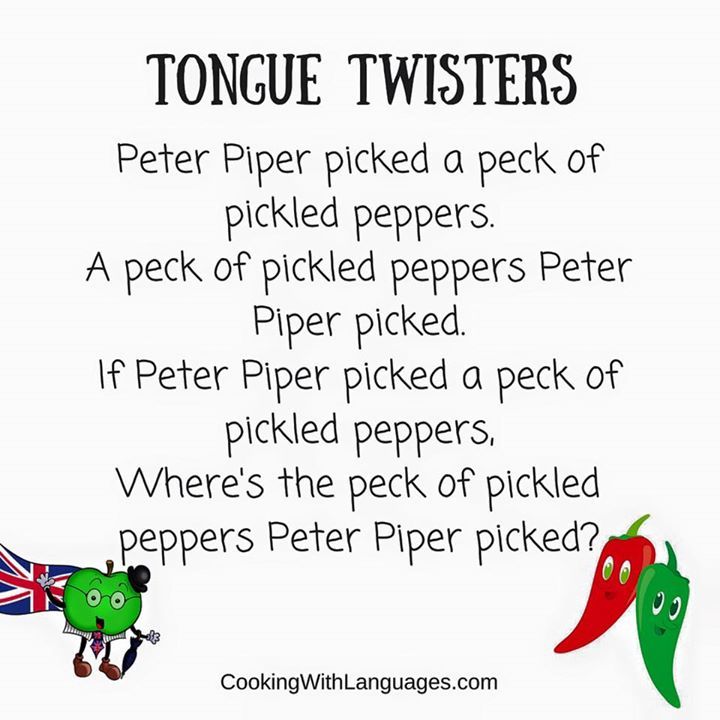 Dry neck, dry ears, and do not dirty your ears anymore.
Dry neck, dry ears, and do not dirty your ears anymore.
***
135. (Sh) - The higher echelons marched under the hood.
***
136. (W, W) - A yellow dervish from Algeria rustles silks in a hut and, juggling with knives, eats a fig.
***
137. (W) - Shishiga was walking along the highway, his pants were rustling. The step will step, whisper: "Mistake". Ears wiggle.
***
138. (Sh) - Six mice rustle in the reeds.
***
139. (W) - Boxwood, boxwood, how tightly sewn you are.
***
140. (W, M) - Jasper in suede suede.
***
141. (Sh) - Forty mice were walking, carrying sixteen pennies, two smaller mice were carrying two pennies.
***
142. (Sh,k) - Two puppies, cheek to cheek, pinch the cheek in the corner.
***
143. (W, p) - Staffordshire terrier zealous, and black-haired giant schnauzer frisky.
***
144. (Sh,s) - Sasha has whey from yogurt in his porridge.
***
145. (W, k) - Sasha has cones and checkers in his pocket.
***
146. (Sh, k, v, r) - The cook cooked porridge, cooked it and undercooked it.
***
147. (W, W) - Piston - not hornet:
does not buzz, it glides quietly.
***
148. (Sh,r,k) - Earrings have disappeared from the little nesting doll.
Earrings Earring found on the path.
***
149. (Sh,s,k) - Sunflowers are looking at the sun,
And the sun is looking at sunflowers.
But the sun has many sunflowers,
And the sun has one sun.
Under the sun, the sunflower laughed sunnyly while ripening.
Ripened, dried up, pecked.
***
150. (W, R) - Ball bearing balls rummage around the bearing.
***
151. (W, s) - Sasha quickly dries dryers.
Sushek dried six pieces.
And the old women are in a funny hurry
Sushka Sasha to eat.
***
152. (Sh, p, k) - Yeryoma and Foma have sashes - wide across their backs,
The caps are recapped, new,
Yes, the hat is well sewn, covered with embroidered velvet.
***
153. (Sh,r) - Shushera shusher rustled,
That the rustle of shusher prevented rustling.
***
154. (W) - Mother Romasha gave whey from curdled milk.
***
155. (Sh,k) - Troshkina mongrel
Bit Pashka.
Beats Pashka with a hat
Troshkin's mongrel.
***
156. (Sh,h,h) - Under the mountain near the pine edge
Once upon a time there were four old women,
All four big talkers.
The whole day on the threshold of the hut
Chattered like turkeys.
Cuckoos fell silent on the pines,
Frogs crawled out of a puddle,
Poplars tilted their tops -
Hear old women chatting.
***
157. (Sh,k,p) - Pashka's mutt bit Pavka on the leg, beats Pavka's mutt with his hat.
***
158. (Sch,t) - The pike tries in vain to pinch the bream.
***
159. (Sch,t) - I'm dragging, I'm dragging… I'm afraid I won't,
But I definitely won't release it.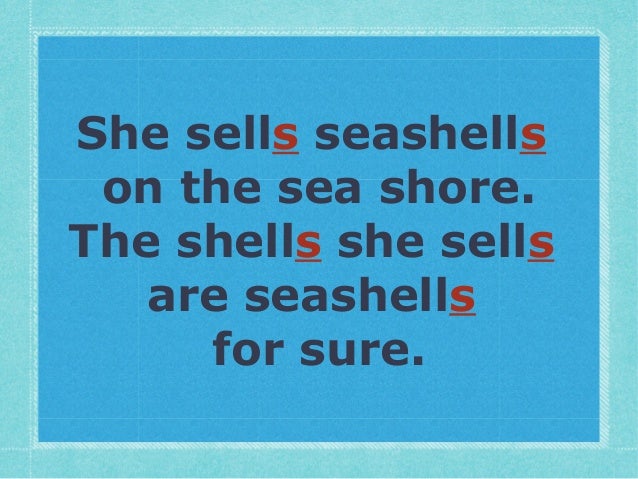
***
160. (Sch,g,c) - In a puddle, in the middle of a grove
Toads have their own living space.
Another tenant lives here -
Water beetle.
***
161. (W, W, H) - The train rushes grinding: w, h, w, w, w, h, w, w
***
162. (Sch,h) - Puppies' cheeks were cleaned with brushes.
***
163. (Sch,h) - I brush my teeth with this brush,
I brush my shoes with this,
I brush my trousers with this,
These brushes are all needed.
***
164. (Sch,t) - Wolves are looking for food.
Tongue twisters for the development of speech and diction in adults, exercises to improve diction and speech
School of Oratory > interesting > Patter for the development of speech and diction in adults
Tongue twisters and tongue twisters improve diction. These are short phrases or whole sentences built on complex combinations of consonants and vowels, so their regular pronunciation helps to practice clarity of speech.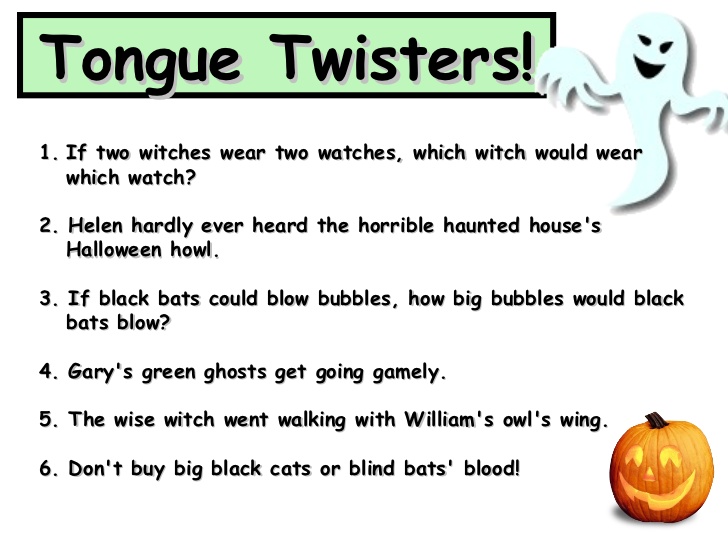 Tongue twisters are used by professional announcers, speakers and actors. With their help, correct, improve diction. Doing special exercises with tongue twisters is useful for everyone who wants to achieve a beautiful, natural pronunciation, without “swallowing” individual sounds or syllables.
Tongue twisters are used by professional announcers, speakers and actors. With their help, correct, improve diction. Doing special exercises with tongue twisters is useful for everyone who wants to achieve a beautiful, natural pronunciation, without “swallowing” individual sounds or syllables. How to work with tongue twisters to improve diction
Speech therapists use tongue twisters to teach children and adults to pronounce similar sounds intelligibly. We are talking about sounds, for the formation of which the tongue, jaw, facial muscles make similar movements. Most often, difficulties arise with "l" and "r": both sounds require the tongue to rise to the palate, while its tip remains soft. Another pair of problematic sounds is “s” and “sh”, “m” and “n”. If your speech is not clear enough, you are most likely slurring one of these groups of sounds. It is difficult to determine a hearing defect on your own, so consult a speech therapist or a teacher of oratory at least a couple of times to give recommendations on how to improve diction.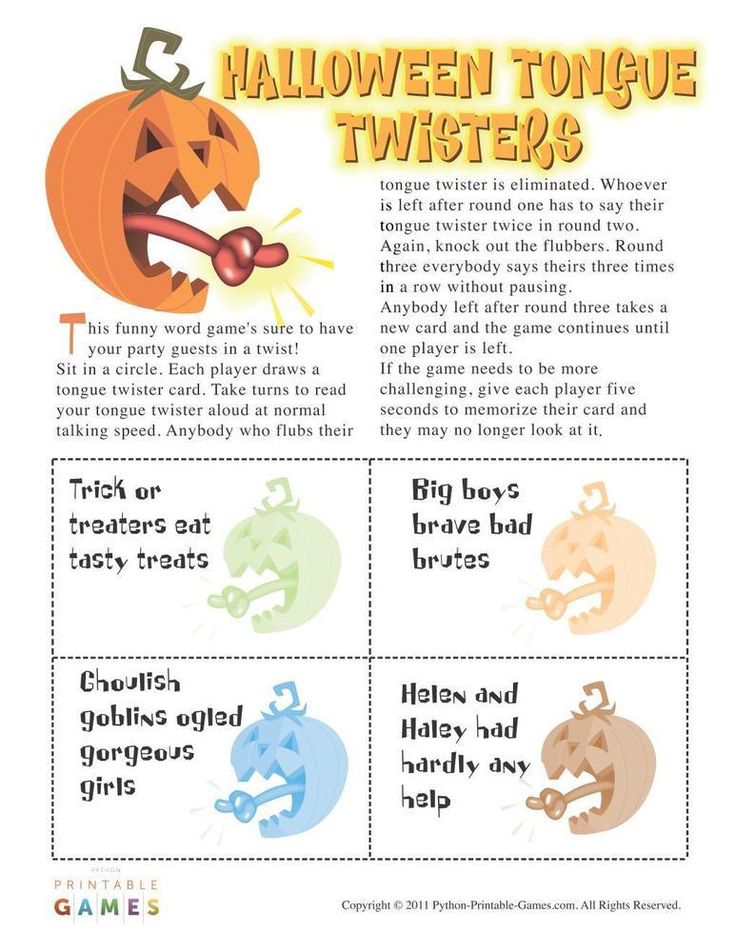 Tongue twisters are built on a combination of a pair of similar, hard to distinguish sounds, so they help to effectively develop speech. Ideally, you should go through all pairs of sounds and all groups of tongue twisters, but if there are problems with the pronunciation of "l", "r", "w", "s" or other sounds, you should start training with tongue twisters for "problem" syllables. The standard exercise program with tongue twisters suggests the following sequence: first, deaf hissing, then whistling and voiced, and finally sonorous sounds. This order is not accidental, because dull sounds are the easiest to pronounce, sonorants are the most difficult. Not without reason, most often in children and adults there are problems with the sonorous "p" and "l". Of course, you can practice in any order, and the improvement in speech will become noticeable over time. But the results will be faster and more tangible if the correct sequence is followed.
Tongue twisters are built on a combination of a pair of similar, hard to distinguish sounds, so they help to effectively develop speech. Ideally, you should go through all pairs of sounds and all groups of tongue twisters, but if there are problems with the pronunciation of "l", "r", "w", "s" or other sounds, you should start training with tongue twisters for "problem" syllables. The standard exercise program with tongue twisters suggests the following sequence: first, deaf hissing, then whistling and voiced, and finally sonorous sounds. This order is not accidental, because dull sounds are the easiest to pronounce, sonorants are the most difficult. Not without reason, most often in children and adults there are problems with the sonorous "p" and "l". Of course, you can practice in any order, and the improvement in speech will become noticeable over time. But the results will be faster and more tangible if the correct sequence is followed. How to work with tongue twisters for children and adults
The first stage of training.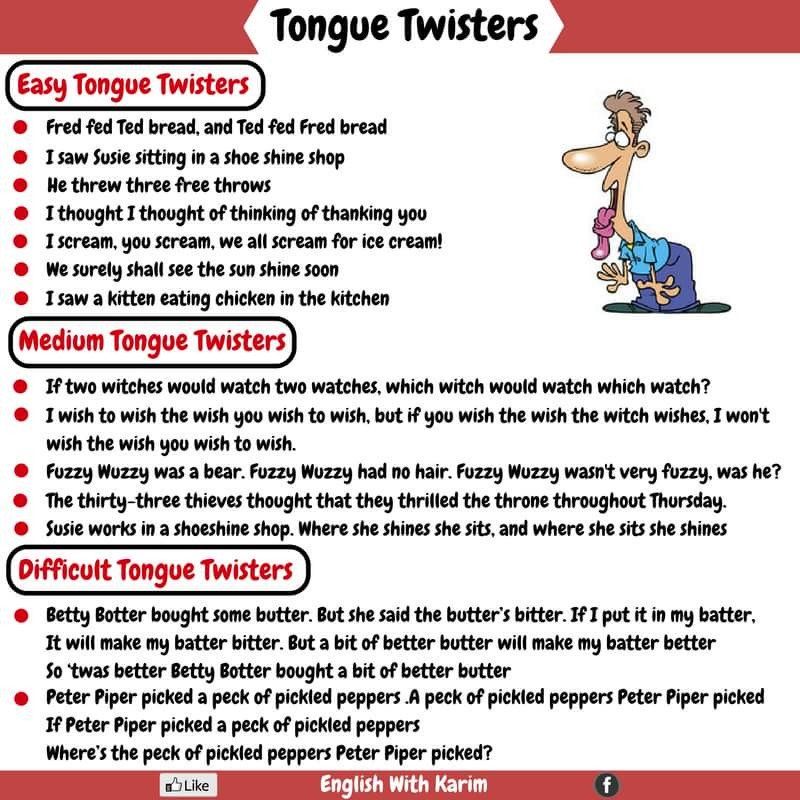 Practicing hissing and deaf sounds: "p", "t", "sh", "s".
Practicing hissing and deaf sounds: "p", "t", "sh", "s". - Sasha walked along the highway and sucked dry.
- Sasha hit a bump by mistake with his hat.
- There is a catfish with a mustache in Senya and Sanya.
- Forty mice walked and found six pennies, and worse mice found two pennies each.
- The predator is prowling in the grove - the predator is looking for food.
- In the grove, stirring the grass, we will pick up sorrel.
- Turtle, not bored, sits for an hour with a cup of tea.
- The heron has withered, the heron has withered, the heron has died.
- Have the lilies watered, or have the lilies withered?
- Grass in the yard, firewood on the grass, don't cut firewood on the grass in the yard!
- Staffordshire Terrier is zealous, and the black-haired Giant Schnauzer is frisky.
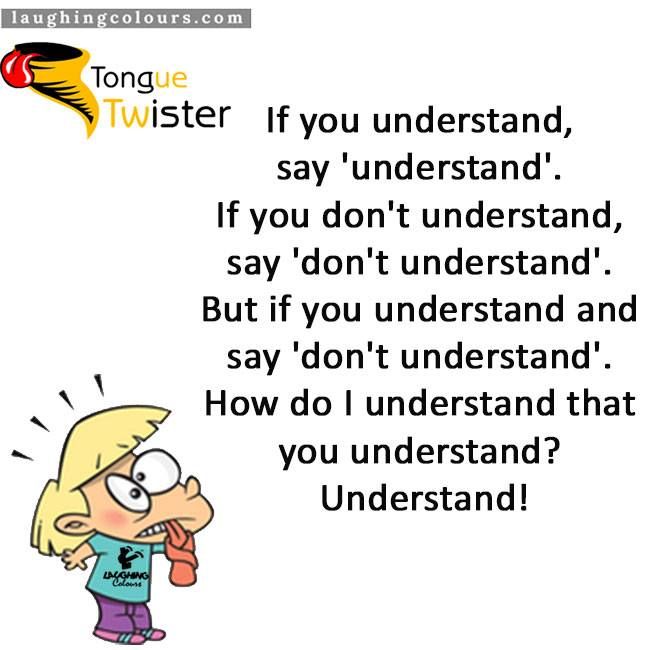
- We ate-ate ruff at the spruce; they were barely eaten at the spruce.
- The rolling "er" is not in vain sonorous: growls and rumbles in hard work!
The speed of pronunciation of tongue twisters
When you start working with tongue twisters, do not pronounce them quickly. To improve speech, you need to increase the pace gradually, carefully monitoring the diction. Take one tongue twister, for example: "Karl stole corals from Clara." First, say it very slowly and silently - just move your lips as if you are talking, but do not make a sound. Then say "Karl stole the corals from Clara" slowly and in a whisper. Make sure that each sound is pronounced very carefully, deliberately. For the third time, say the tongue twister at a natural pace and in full voice. If you can’t immediately say “Karl stole corals from Clara” without hesitation, speak a little slower than usual. Only when you can say “Karl stole corals from Clara” in a calm, conversational rhythm, say the same remark at a fast pace.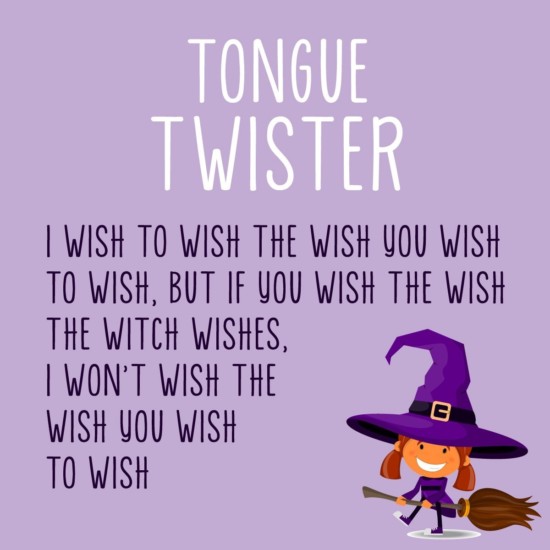 All attention - on the clarity of diction and articulation! The main thing is not speed, it will come with time. The correct pronunciation of each sound is more important. The final stage is pronunciation with an obstacle, a “cork” for the tongue: pebbles or nuts, which will make articulation difficult. This is an effective way to improve diction. Take your time, talk to the stones slowly at first, then faster. So you need to work out each selected tongue twister, and more than once. If you are not a professional, it is enough to practice for half an hour 5-6 days a week in order to achieve a significant improvement in diction in a month with such exercises. Often students of rhetoric courses enthusiastically get down to business, but quickly cool off. To prevent this from happening, do not try to embrace the immensity in one day: half an hour of exercise is enough. Better half an hour every day or at least every other day than two hours once a week. Pay attention to correct speech.
All attention - on the clarity of diction and articulation! The main thing is not speed, it will come with time. The correct pronunciation of each sound is more important. The final stage is pronunciation with an obstacle, a “cork” for the tongue: pebbles or nuts, which will make articulation difficult. This is an effective way to improve diction. Take your time, talk to the stones slowly at first, then faster. So you need to work out each selected tongue twister, and more than once. If you are not a professional, it is enough to practice for half an hour 5-6 days a week in order to achieve a significant improvement in diction in a month with such exercises. Often students of rhetoric courses enthusiastically get down to business, but quickly cool off. To prevent this from happening, do not try to embrace the immensity in one day: half an hour of exercise is enough. Better half an hour every day or at least every other day than two hours once a week. Pay attention to correct speech.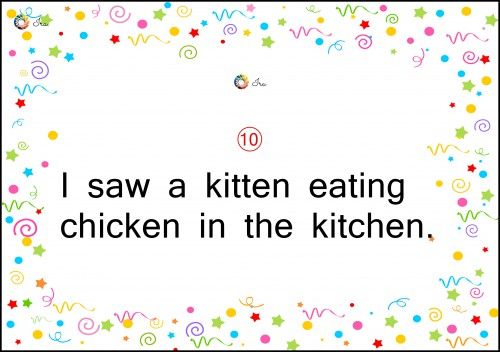
Intonation of pronunciation of tongue twisters
Good diction is not only clear articulation, but also expressiveness of speech. Therefore, during exercises with tongue twisters, monotony should be avoided. Try to understand the meaning of the remark and say it with expression. Your speech should not sound like a set of clear, understandable, but meaningless sounds: emphasize important words with your voice, lower and raise your tone. Monotony is one of the problems of lecturers, educators and other speakers. To get rid of it, play with the intonation of speech. For example, take the classic saying: "Sasha walked along the highway and sucked dry." At first say it coldly and with contempt, as if you do not approve of Sasha's actions. Then - as if you don't like drying. Next - say the same joyfully and cheerfully, easily and naturally. Give your voice an air of mystery, as if you're sharing a secret. The more intonations you can pronounce one and the same tongue twister, the more expressive your everyday speech will be.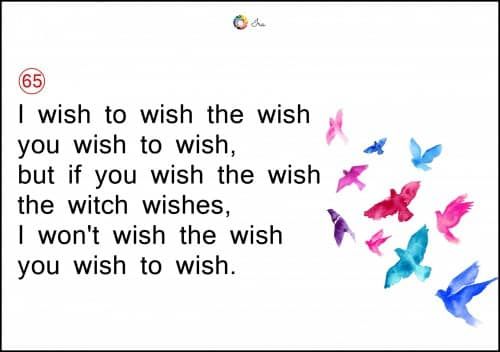
Short tongue twisters for adults
Start with concise tongue twisters and do not rush to move on to more complex and long phrases. Develop speech gradually. You need to pronounce tongue twisters in one breath, and if your speech apparatus is not yet sufficiently developed, there will not be enough breath for a long remark. The long breath develops over time.- The scarlet reflection of the Himalayas fell on the fields of Nepal.
- The baker baked a loaf, a loaf, a bagel early in the morning.
- Four Sashas were playing checkers on the grass in the yard.
- The galley messenger was burned.
- Two puppies are pinching the brush in the corner cheek to cheek.
- Quartermaster incident.
- To the Habsburgs from Strasbourg.
- The Queen gave the Cavalier a caravel.
- Rigoletto libretto.
- There is no ring near the well.
- Quail quail hid from the guys.
- Regulator Ligurian regulated in Liguria.
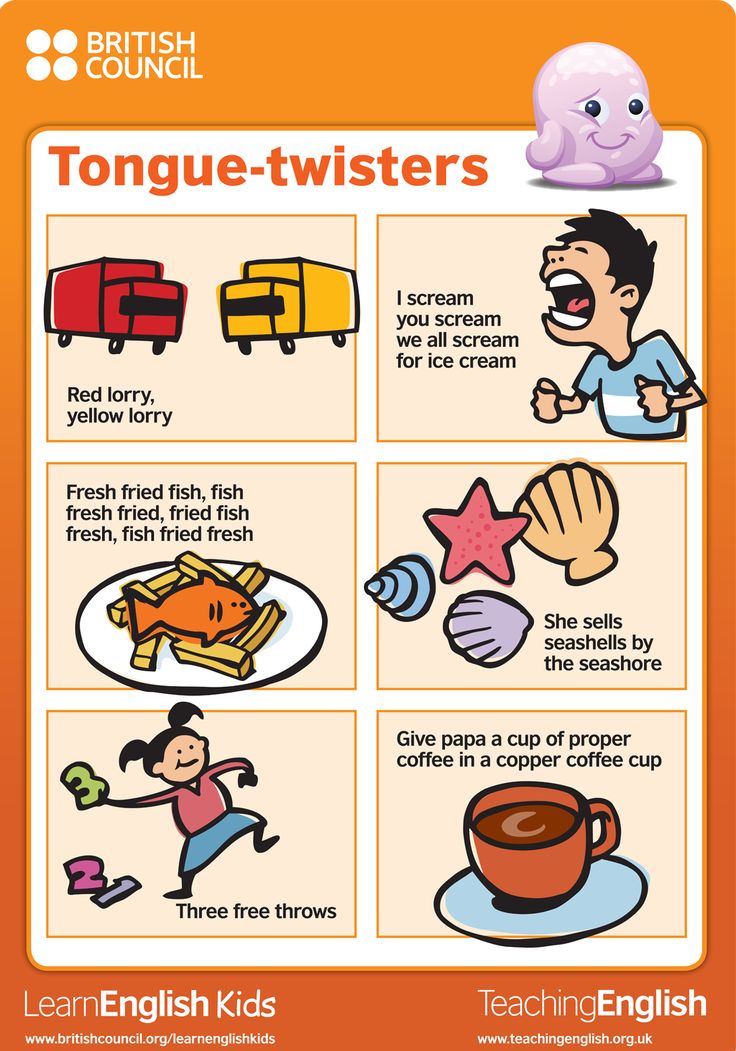
- Net caught on a knot.
- The falcon sat on the bare trunk.
- Tree needles splitting needles.
- Pharaoh's favorite for sapphire was replaced by jade.
- A heron chicken tenaciously clung to the flail.
- Cannons were being lowered from hills and rocks.
- Tongs and pincers - these are our things.
- Jasper in suede suede.
Long tongue twisters for developing diction
Move on to long and complex tongue twisters only after you begin to naturally and naturally pronounce short lines. When they seem too simple to you, and you won't stumble over even the most complex combinations of sounds, this means that you are ready for the next step in working on diction. Long tongue twisters are also pronounced in one breath, but if there are several stanzas, you can make small pauses to take air into your lungs. Do not forget to correctly intonate the text! Your speech should not be monotonous, even if you speak very quickly.
- Pankrat Kondratov forgot his jack, and without a jack Pankrat can't lift a tractor on the road. And the tractor is waiting on the tract for a jack.
- On Thursday the fourth at four and a quarter, the Ligurian traffic controller was regulating in Liguria, but thirty-three ships tacked, tacked, and did not catch.
- The commander spoke about the colonel and about the colonel, about the lieutenant colonel and about the lieutenant colonel, about the lieutenant and about the lieutenant, about the second lieutenant and about the second lieutenant, about the ensign and about the ensign, about the lieutenant colonel, but kept silent about the lieutenant.
- King Clarick has a king, Queen Carlisle has a dwarf. The dwarf is Karl, and the king is Clara. Clara has a clarinet, Karl has corals. Clara stole the corals from Karl, and Karl stole the clarinet from Clara. Clara does not have a clarinet, but there are corals. Karl has a clarinet, but no corals. The Queen of Carlisle punished Clara for stealing corals from the dwarf Karl, and Klarik the King of Carl punished the one who stole the clarinet from the thief.
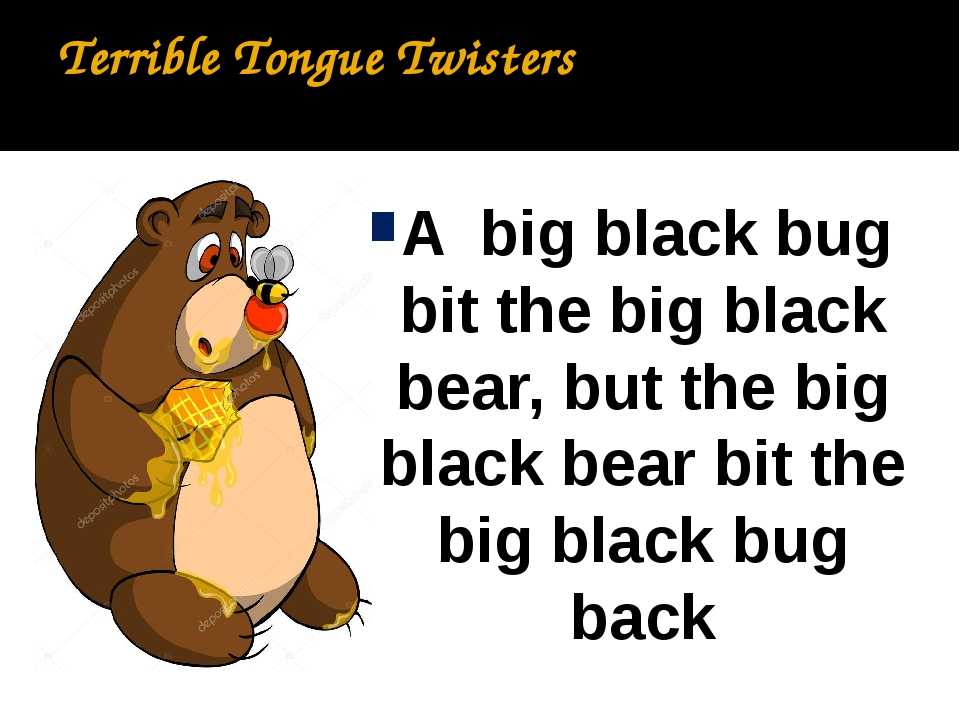 If Carl had not stolen from Clara, then Clara would not have stolen the corals, Clarick would have listened to the clarinet of his steal, and Carl gave the corals to Carlisle.
If Carl had not stolen from Clara, then Clara would not have stolen the corals, Clarick would have listened to the clarinet of his steal, and Carl gave the corals to Carlisle.
Compound tongue twisters
The length of a tongue twister is not equal to its complexity. Of course, it is more difficult to pronounce a long remark in one breath than a concise phrase. But what really makes it difficult is complex combinations of sounds. Short complex phrases can be trained immediately, and go to long ones only after working out simple stanzas.- Snout of a white-faced pig, blunt-nosed; I dug up half the yard with a snout, dug, undermined.
- You don't wear trousers instead of a shirt, you don't ask for rutabaga instead of a watermelon, you can always distinguish a number from a letter, and can you distinguish between ash and beech?
- Karl was putting the bow on the chest, Clara was stealing the bow from the chest.
- Sixteen mice walked and six found pennies, and mice, which are worse, noisily rummage around for pennies.

- Even your neck, even your ears are stained with black ink. Get in the shower soon. Rinse mascara off your ears under the shower. Rinse the mascara off your neck under the shower. Dry off after shower. Dry neck, dry ears, and do not dirty your ears anymore.
- The queen had a cavalier. The cavalier had a queen. Who is the queen? And who is the cavalier?
Funny tongue twisters
This is a kind of complex exercises for diction. But it's nice to work with them, because such phrases sound like jokes. Try to give them additional comedy with the help of intonation.- A lilac eye-picker, jumping with a pre-subverted, not at all a fanatic cultist and does not vomit.
- Terminator does not require a thermometer.
- Thirty-three deputies lobbied for the law, lobbied, but did not lobbied.
- Do you have taxable grace?
- On the screw, you can see the views of the well-worn Winda.
- The higher echelons of the undershow marched to the subsidized along the highway.
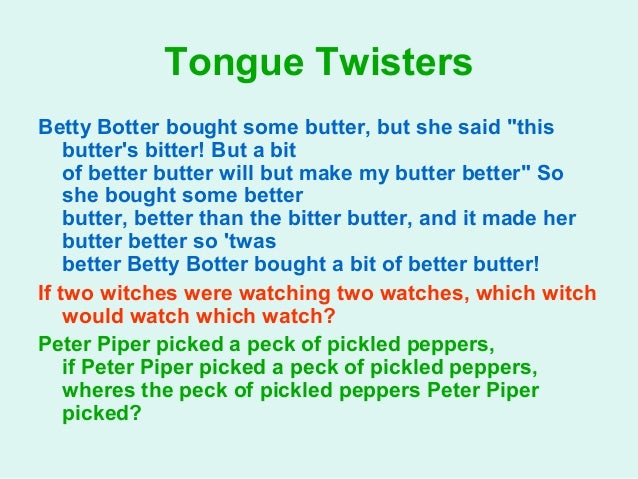
Learn more



